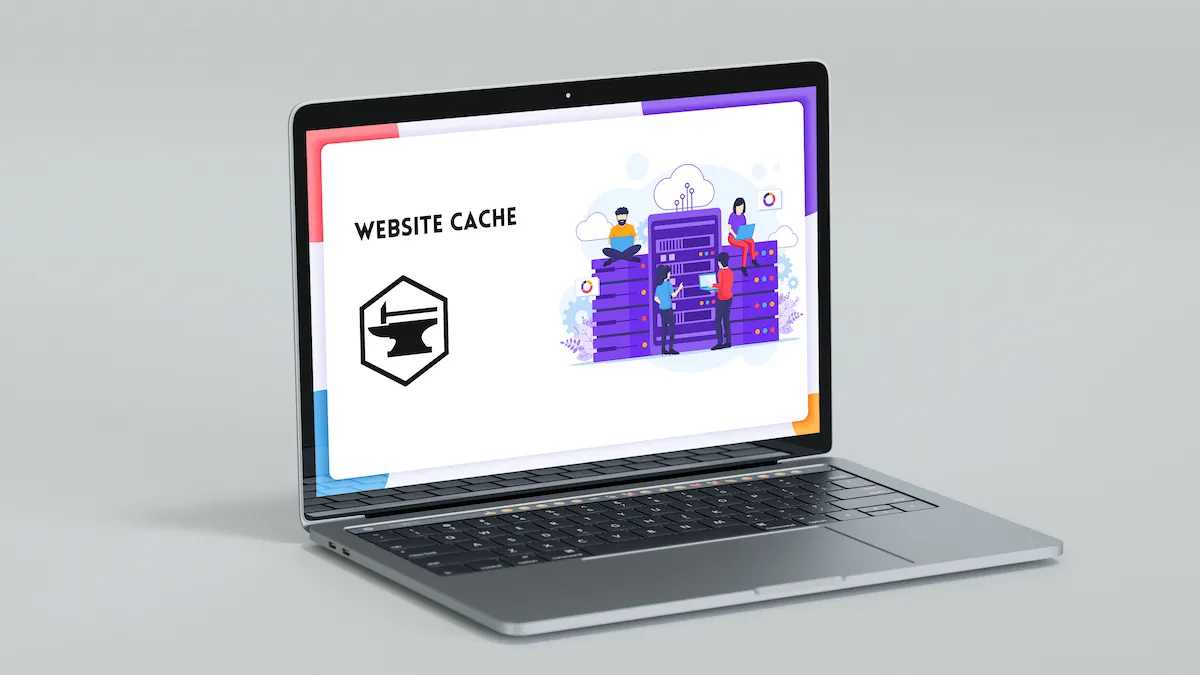What is a Website Cache?
To understand the concept of a website cache, it helps to start with a brief definition of the word’s general meaning. The dictionary definition of cache refers to a collection of items stored in a hidden place. For instance, history books might discuss pirates who stored a cache of treasure on an isolated island. As another example, squirrels cache nuts underground to keep their food stores safe from other animals.
Application developers don’t use caches to hide things, though users won’t see them. Instead, they employ this technique to improve performance. With computer technology, a cache stores data for later use. As a common example, website applications will cache a processed page in RAM and retrieve that result to display when a user loads that page. Saving and retrieving the page can save time when compared to repeatedly fetching and reprocessing all of the information that the page requires.
How Does a Cache Effect Website Performance?
When a website performs very well in speed tests, it could owe quite a bit of that rapid load time to its use of a cache. As an example, an online shopper might browse several pages of products. When that shopper returns to a previously visited page, the eCommerce application will retrieve it from a cache instead of creating and loading a fresh copy.
With the page already stored, the app doesn’t have to repeat resource-intensive queries, formatting, and other tasks. The page should load much faster and spare resources. Thus, caching can improve the user experience and reduce resource burdens.
Even with a cache, an efficient application and high-quality RAM will outperform inefficient apps or low-quality RAM. Thus, other factors can also impact performance. For some examples:
- Application design, images, and hosting: Website developers and designers maintain control over the efficient design of their software, optimization of images and queries, website host quality, and many other factors. Today’s applications tend to require more resources than older versions. At the same time, competitive hosting companies promise speedy processing.
- RAM size and quality matter too: Over time, computers and other devices keep emerging with larger memories. Several years ago, 64K of RAM sounded like a lot for a desktop computer. These days, even most new smartphones offer 4GB of RAM or more.
Why Does Website Performance Matter?
Search engine optimizers and developers have long speculated that page speed impacted Google’s rankings for both ads and organic searches. This confirmation from the Google developer’s website should have turned that speculation into a fact.
Why does Google care about how long website pages take to load? They care because users care. On the same page of the developer’s site, the Google spokespeople cited a study that found more than half of internet users will abandon a mobile page if it takes more than three seconds to load. Some percentage of potential customers and clients will display even more impatience.
Search engines want to deliver high-quality results to their own users. In turn, those internet searchers will get frustrated with pages that load too slowly. Even though some search engines might not use load speed as a ranking factor, potential customers will prefer faster pages over slower ones.
Potential Downsides to Website Caching
Displaying the previous version of the website right after an update might generate the most frustration with website caching. Refreshing the page or manually clearing the browser cache should solve this problem. While site developers and designers should know they need to clear their browser cash, users might not. Good caching utilities should clean the cache after publishing new pages.
Websites that don’t consume many resources or don’t get a lot of visitors may not benefit from caching. In these cases, caching could even waste system resources and not do much to improve load speed.
How WordPress Handles Website Caching
Despite the popularity and effectiveness of WordPress, an out-of-the-box installation may not offer the best performance. It only uses caching in limited instances. For instance, WordPress does cache the results from a request for the values of custom fields with a function called get_post_meta(). That’s because the table it uses can grow large and result in slower queries. However, a basic WordPress installation won’t offer universal page caching.
On the other hand, WordPress users can choose simple solutions that will add more caching functionality to improve site speed. These include:
- Find a host that offers caching as a service: Some WordPress hosts offer automatic caching as part of the service. The site developers do not need to add any additional code or plugins to employ cashing as a way to optimize website speed.
- Use a WordPress caching plugin: Automattic, the company behind WordPress, offers an excellent caching plugin. That’s probably why so many people consider W3 Super Cache the official caching plugin. W3 Super Cache offers important features, can satisfy most requirements, and best of all, enjoys support from WordPress and a large user base.
Work With a Trusted Partner to Improve WordPress Performance
Here at Temper And Forge, we will employ our WordPress expertise to solve all sorts of website performance problems, from poor sales conversions to load speed. Contact us today to talk about your business, and we’ll explain our solutions.

